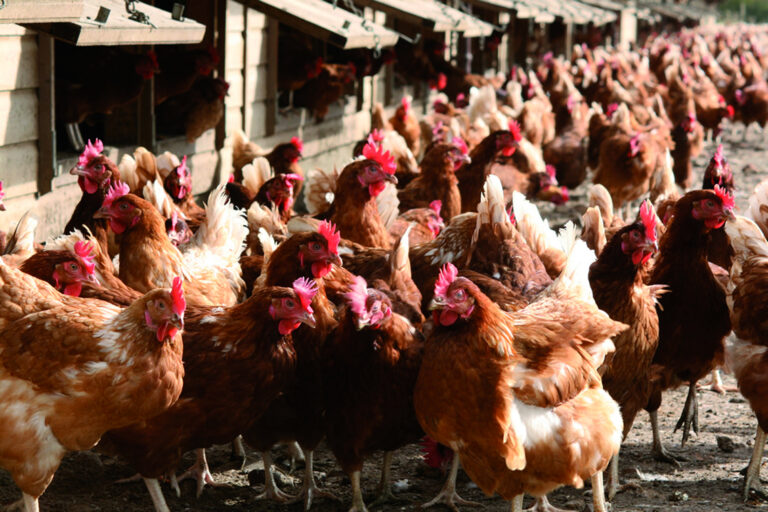Traditional practices of passing on farms to one son should be challenged, according to a new report led by Newcastle University.
Challenging the laws of inheritance, the research has found that women play a major role in Scottish agriculture, participating in the full range of farming activities. However, barriers remain to their entry into the industry, their career progression, and promotion to leadership roles.
Launched at the Royal Highland Show by First Minister of Scotland Nicola Sturgeon, the report calls for women’s important contribution to the agricultural economy in Scotland to be recognised.
Led by Newcastle University in collaboration with the Scotland’s James Hutton Institute, the authors recommend that agricultural organisations operate a quota system in their leadership elections in order to achieve better representation for women.
Missing out on talent
In an online questionnaire, 18% of respondents identified ‘not welcome by existing male leaders’ as a barrier to their participation in leadership of farming organisations.
Professor Sally Shortall, Duke of Northumberland Chair of Rural Economy at Newcastle University’s Centre for Rural Economy who led the research, which was commissioned by the Scottish Government, said:
“The evidence is clear, showing that farming businesses rely heavily upon the contribution of women. But it is difficult for them to progress and the potential of new entrants is being curtailed. The industry is missing out on the talents of young women in particular”.
“Better training programmes that are more welcoming to women would help new entrants and enable more of them to fulfil their potential. Better equipment and design of the farmyard, so that farm work does not depend on brawn, would not only help women but could make the industry safer for everyone. Breaking down assumptions about inheritance would mean more equality and more open choices being made within farming families.”
Untapped resource
This new research is the first to look into gender issues in Scottish agriculture, and identifies the challenges for and potential tools to improve women’s participation in farming and leadership of the agricultural sector in Scotland.
In total, over 1,300 women who live and work on farms were surveyed, and 30 interviews and nine focus groups were conducted with men and women across Scotland.
Dr Lee-Ann Sutherland, senior social researcher at the James Hutton Institute, said: “Women represent a considerable untapped resource for farming organisations – some 35% of study participants indicated that they are interested in becoming involved in farming organisation leadership.
“The SAYFC (Scottish Association of Young Farmers Clubs) is providing important foundational experience for women – they are by far the most common organisation in which survey participants gained leadership experience.”


